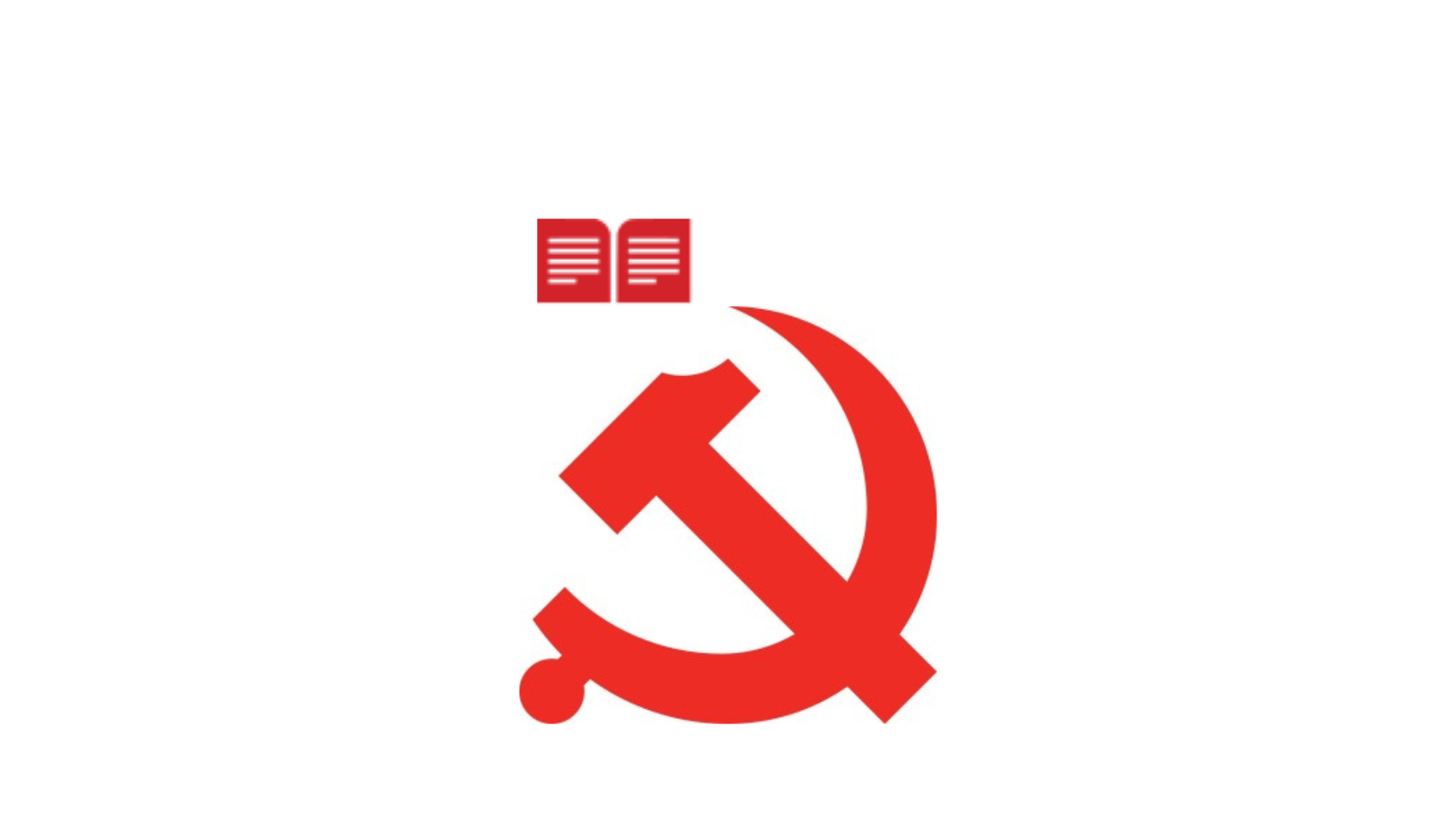Broken Clock
Ugh, no… being right for the wrong reasons is hardly better than being wrong to begin with.
Until the 1950s, […] the dictatorship tried to establish relations with Israel using the Sephardi pressure group and the friendly attitude of the Spanish consul in Jerusalem. Israel refused; anti-Francoism was a symbol of its initial nonalignment with the Western countries and counteracted its recent alliance with the United States and contacts with Germany, Austria, and Japan. Nor did Israel have vital interests to defend; there were hardly any economic contacts, and the Jewish community in Spain was not disturbed.
(Source.)
A particular growth in associations between Spain and various Arab nations during this time proved significant later in the century. Around this time, Spain (which had reached out to Israel earlier but faced rejection) still apparently had an interest in associating with the country, despite its increased relations with Arab nations. As Rein describes, “Madrid was still interested — though that interest was ‘waning’ — in appeasing international and Jewish public opinion” (“Outpaced by the West” 88).
Increasingly, in the early and mid-1950s, certain Israelis began arguing in favor of establishing relations with the Iberian nation. Notably, in December of 1955, Israel actually supported Spain’s entry to the United Nations (Avni 210). Finally, in 1956, Israel reached out to Spain in an attempt to open consulates in that country, but the Spanish government refused (“Outpaced by the West” 101–102).
(Source.)
I didn’t realize it’s my cake day (this has nothing to do with this post.)
Franco was a huge POS, but back then Spain did have a more independent foreign policy than most Western European States.
In spite of Franco’s anticommunism, Cuba and Spain held diplomatic relations after Fidel Castro came into power and became Prime Minister of Cuba in 1959. When the United States decreed an embargo against Cuba in 1960 and 1962, its Latin American and European allies followed suit, however, Francisco Franco did not place an embargo on Cuba. American pressure against the Spanish embargo breach was deflected by the renegotiation of the American military bases in Spain in 1963.
Both Castro’s father and Franco hailed from the rugged northern countryside of Spain, a region renowned for its fierce and stubborn citizenry. After Franco’s death, Cuba decreed three days of mourning. After the Spanish transition to democracy, Spanish Prime Minister Adolfo Suárez visited Cuba in 1978.
Some people have pointed out that Spain only supported Cuba, because they wanted to have cordial relations with their former colonies, and because they wanted to get back at the USA for stealing these colonies from them during the American-Spanish War.



